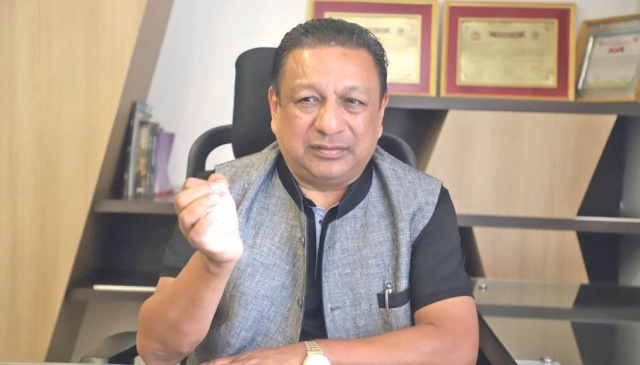BD must ensure that this power grid with India and Nepal is set up as soon as possible. As BD runs out of domestic gas reserves, then power generation costs are just going to get higher and higher.

 businesspostbd.com
businesspostbd.com
"Bangladesh's neighbouring Nepal holds vast potential for hydropower generation. The Himalayan country has set an ambitious target to generate 28,000 megawatts (MW) of hydroelectricity by 2035, with significant portions aimed at export — 10,000 MW to India and 5,000 MW to Bangladesh. Bangladesh is hopeful to start importing 40 MW of electricity from Nepal in the first phase using the Indian gridline starting in July."
"What is the per unit cost of the initial 40 MW?
I think it's around 6.4 cents per unit."
"Do you think hydropower tariffs will be competitive?
Compared to fossil fuels, hydropower is more cost-effective. In Bangladesh, hydropower is significantly cheaper than gas plants. Initial costs might be high, but with low-interest financing from international markets, hydropower becomes the cheapest option in both the short and long term as there are no raw material costs."

‘Nepal's hydropower can benefit Bangladesh, entire region’
Bangladesh's neighbouring Nepal holds vast potential for hydropower generation. The Himalayan country has set an ambitious target to generate 28,000 megawatts (MW) of hydroelectricity by 2035, with significant portions aimed at export — 10,000 MW to India and 5,000 MW to Bangladesh. Bangladesh...
"Bangladesh's neighbouring Nepal holds vast potential for hydropower generation. The Himalayan country has set an ambitious target to generate 28,000 megawatts (MW) of hydroelectricity by 2035, with significant portions aimed at export — 10,000 MW to India and 5,000 MW to Bangladesh. Bangladesh is hopeful to start importing 40 MW of electricity from Nepal in the first phase using the Indian gridline starting in July."
"What is the per unit cost of the initial 40 MW?
I think it's around 6.4 cents per unit."
"Do you think hydropower tariffs will be competitive?
Compared to fossil fuels, hydropower is more cost-effective. In Bangladesh, hydropower is significantly cheaper than gas plants. Initial costs might be high, but with low-interest financing from international markets, hydropower becomes the cheapest option in both the short and long term as there are no raw material costs."






